Many of these accidents are preventable. Check each room of your home for these potential hazards.
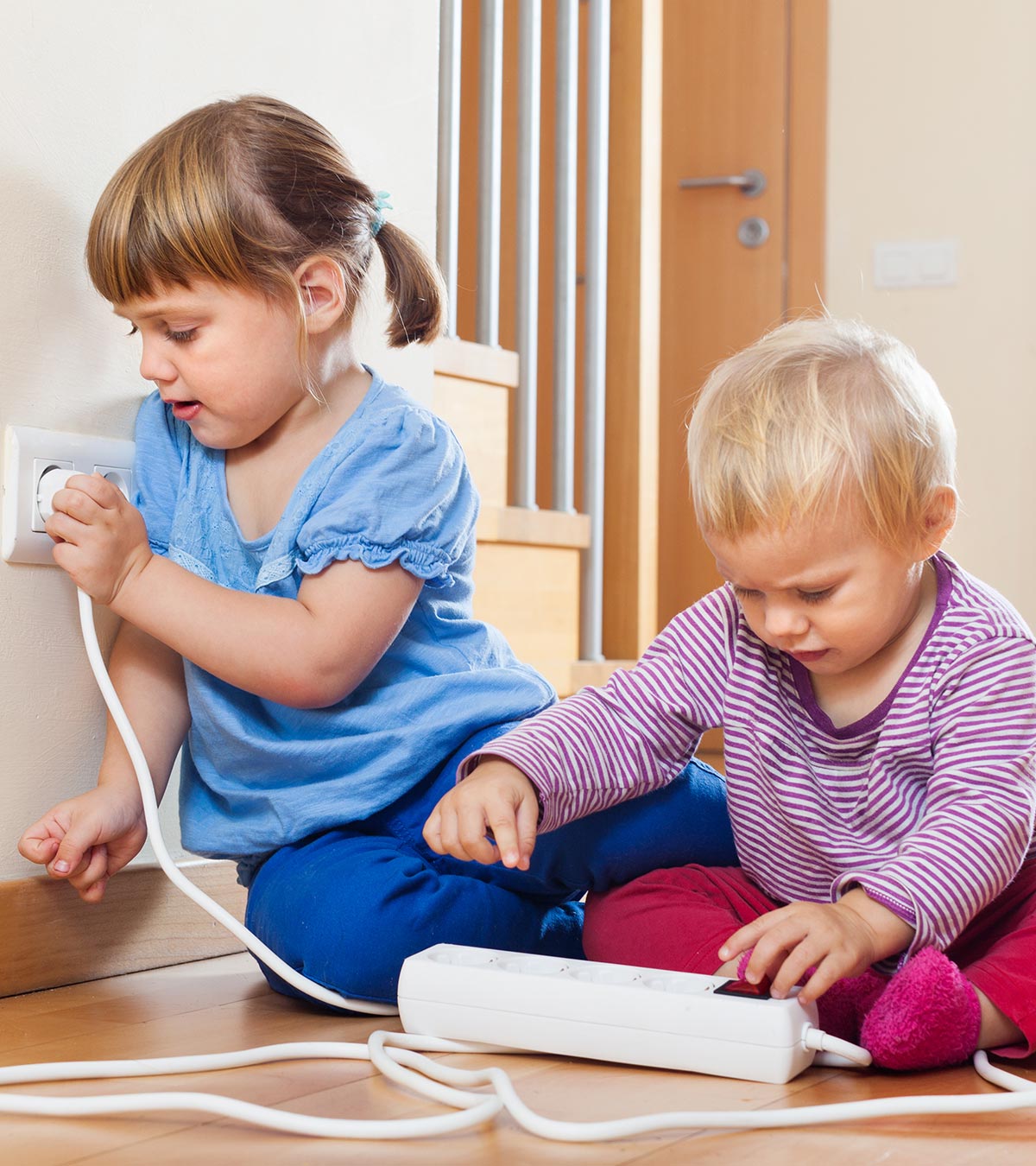 10 General Saftey Rules At Home For Kids
10 General Saftey Rules At Home For Kids
HOME SAFETY Never stick your fingers or any object into an electrical outlet or light bulb socket.

Child safety at home. You must always make sure the inside of your home is safe. Ad Search Safety Sign. Child Safety in the Home Children under the age of five years are more at risk from an accident in the home than anywhere else.
Install doorknob locks to prevent children from coming in unsupervised. The home is also the most common place for young children to be injured. Get Results from 6 Engines at Once.
Before or as soon as your child begins crawling or walking take extra steps to make sure harmful items are out of reach out of sight and ideally stored in a cabinet with lock or safety latch. Young children especially like to explore by putting things in their mouths. Most injuries are predictable and preventable.
HOME SAFETY Do not cook in the absence of your mother or elders at home. Never use any electrical appliance if you are wet. One important aspect of home safety is preventing falls which are the leading cause of nonfatal injuries in children.
We have information and tools to help protect your baby toddler child or teenager from injuries and violence. Wrap blind cords in cleats attached to the wall at least 16 m above the floor. Keep stuffed toys cushions and piles of clothing out of cots and prams.
Treadmills stationary bikes and other fitness products can be the source of serious injuries and even d eath. Instruct your kids to keep the doors locked and secure at all times and only open the door for familiar faces. Find safety tips here.
Resources with information on safety in the home and community for parents with children ages 4-11. Tie knots in plastic bags. A general rule of thumb is that no child less than eight years of age should be left alone for any extended period of time.
Use safety treads or a non-skid mat in the bathtub to prevent falls. CHILD a person of 14 years and under. Here are some essential safety tips to keep your child safe from suffocation and strangulation.
This is especially important if your kids are old enough to be home alone. Developed specifically to address this issue our course focuses on the most common types of home accidents affecting this age group and their prevention. SAFETY The condition of being protected from danger risk or injury.
If the child is going to go home after school its a good idea to have them call to check in when they get home. Try to make the home environment as safe as possible before your baby arrives and again before your child starts crawling. Working out at home can be a good way to stay fit during the COVID-19 pandemic but its important to keep young children safe around home gym equipment.
Ad Search Safety Sign. Get Results from 6 Engines at Once. Let them know that if any stranger rings the doorbell they should stay quiet and not open the door.
Whether a child is going to stay home alone should depend on the childs maturity and comfort level. Install locks on toilet lid.
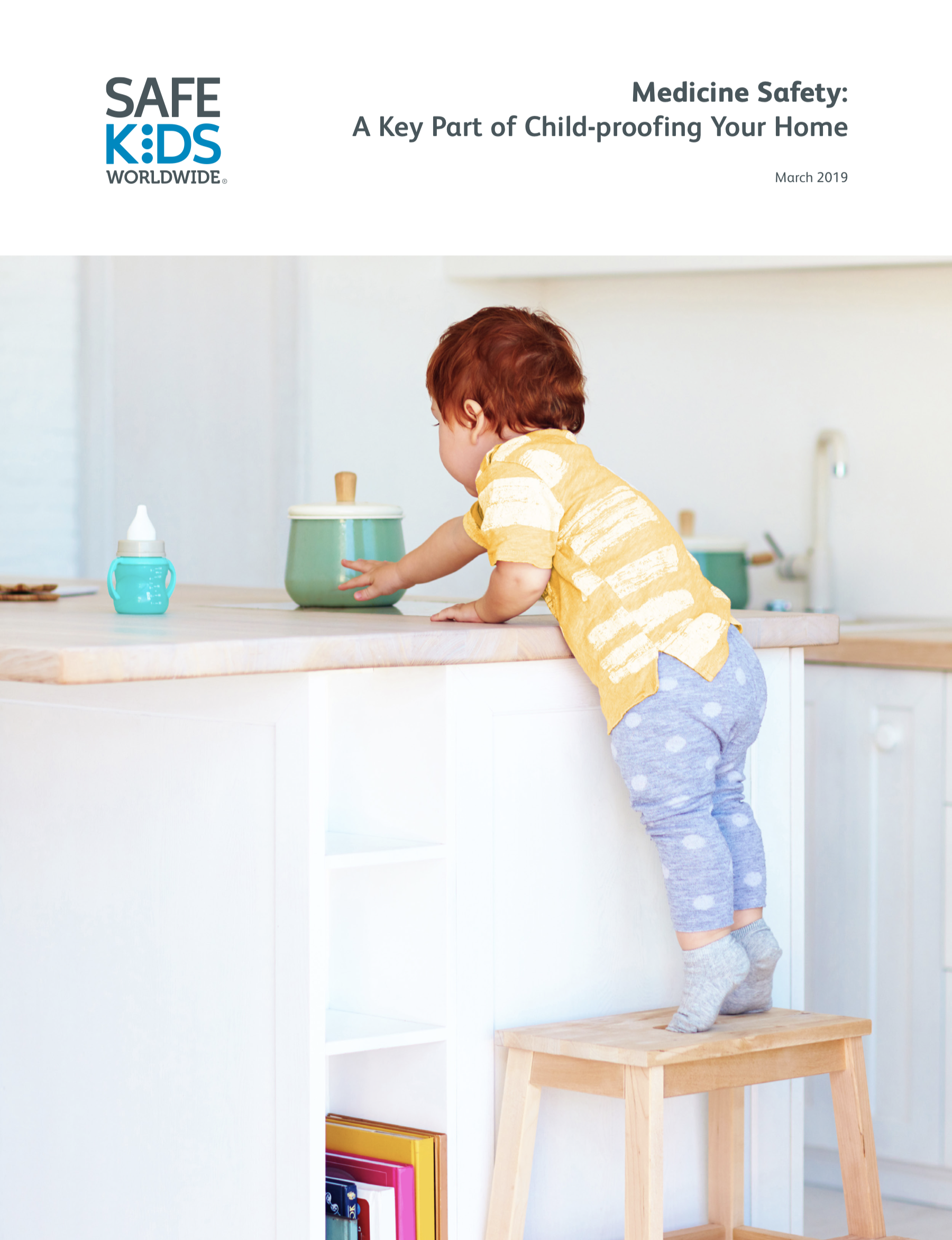 Child Proofing Your Home To Keep Your Child Safe Around Medicine Safe Kids Worldwide
Child Proofing Your Home To Keep Your Child Safe Around Medicine Safe Kids Worldwide
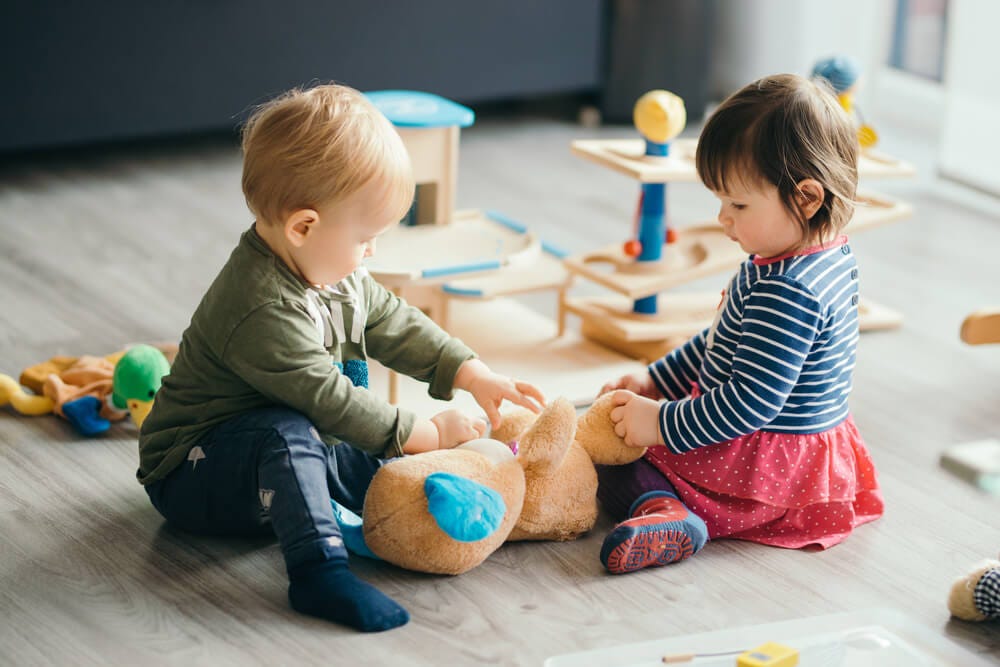 How Home Automation Can Help Keep Your Children Safe By Liverton Automation Medium
How Home Automation Can Help Keep Your Children Safe By Liverton Automation Medium
Keeping Your Foster Child Safe A Foster Parent Guide
 21 Projects Safety At Home Ideas Home Safety Safety Childproofing
21 Projects Safety At Home Ideas Home Safety Safety Childproofing
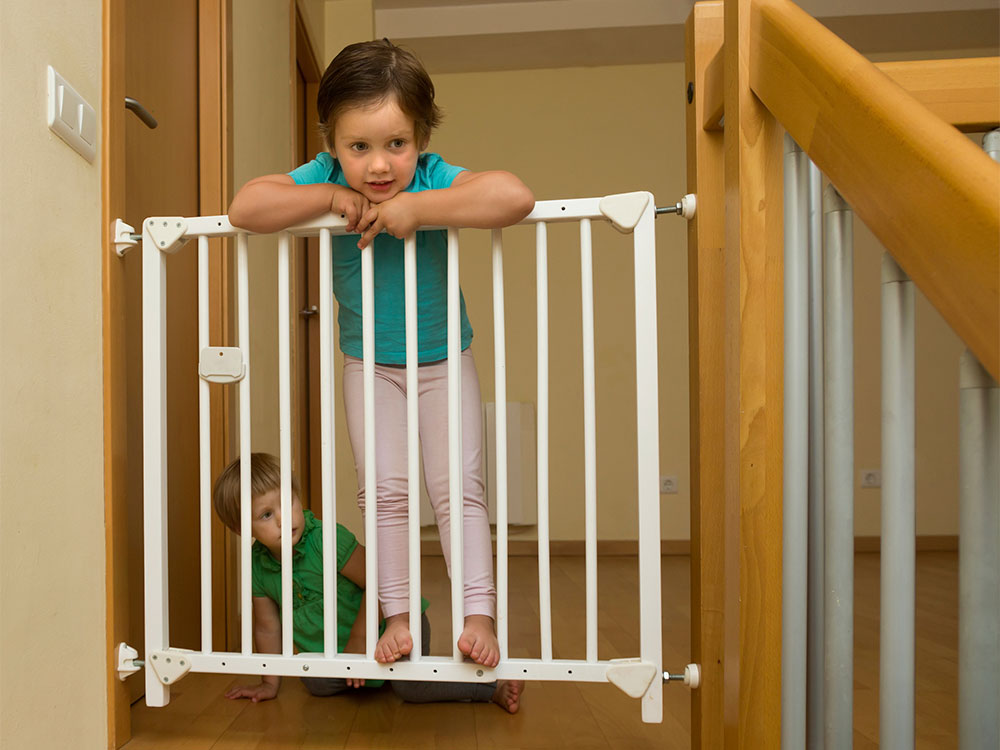 Child Safety At Home Checklist Raising Children Network
Child Safety At Home Checklist Raising Children Network
 Promoting Child Safety At Home Opti Baby Kids
Promoting Child Safety At Home Opti Baby Kids
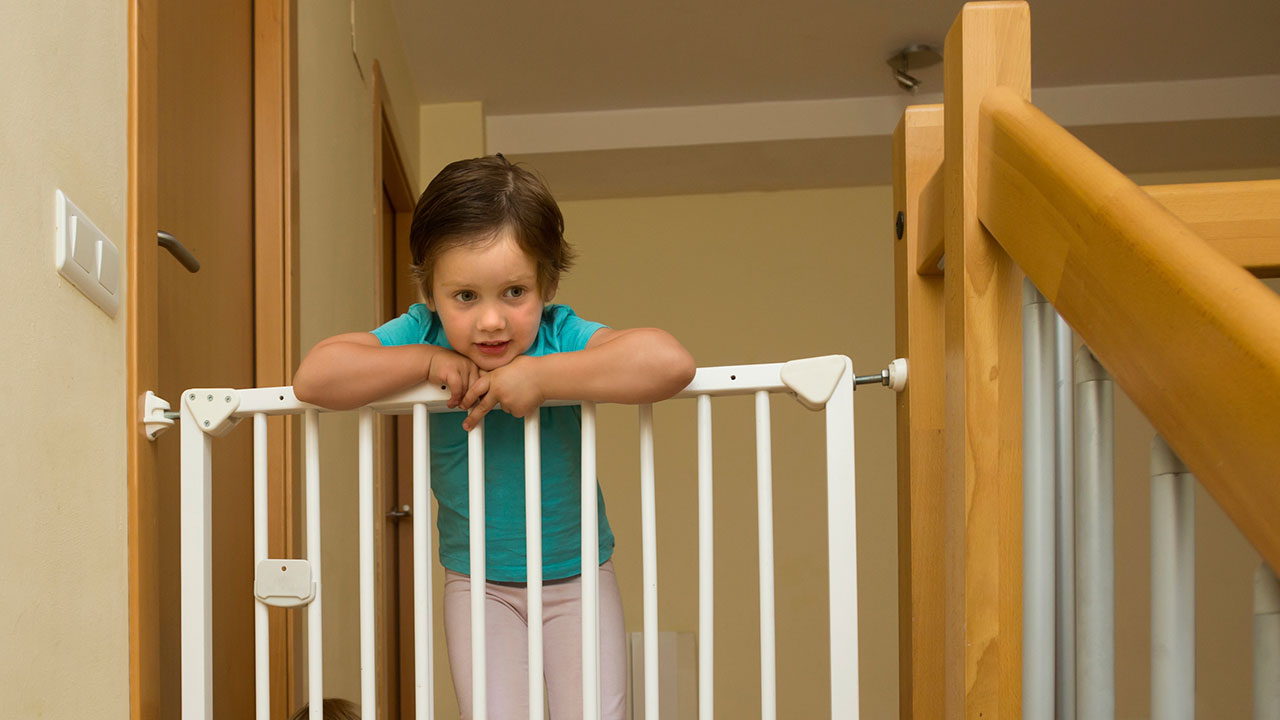 Child Safety At Home Checklist Raising Children Network
Child Safety At Home Checklist Raising Children Network
 How To Keep Children Safe At Home Osf Healthcare
How To Keep Children Safe At Home Osf Healthcare
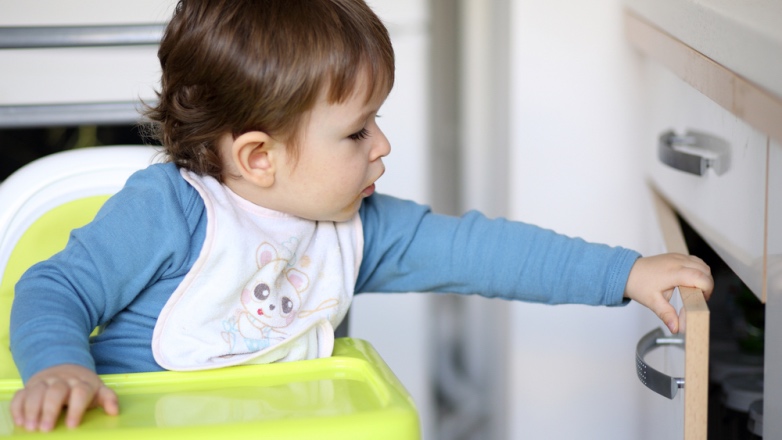 Guidelines For Keeping Your Child Safe At Home Children S Hospital Los Angeles
Guidelines For Keeping Your Child Safe At Home Children S Hospital Los Angeles
 How To Childproof Your Home And Keep Children Safe
How To Childproof Your Home And Keep Children Safe
10 Home Safety Tips For Young Children
 Home Safety Tips In Support Of Child Safety Week Northamptonshire Fire And Rescue Service
Home Safety Tips In Support Of Child Safety Week Northamptonshire Fire And Rescue Service
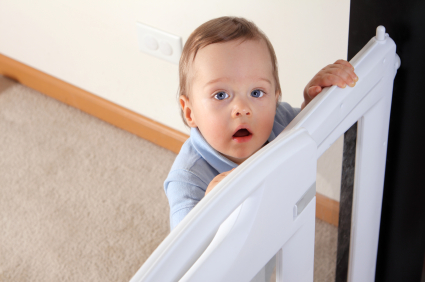
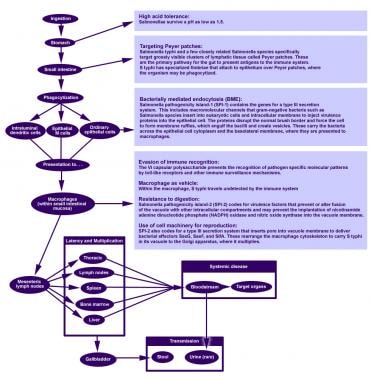
No comments:
Post a Comment
Note: Only a member of this blog may post a comment.